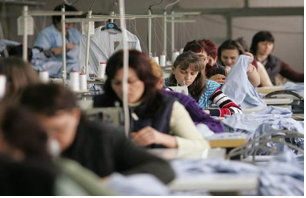I believe this could use its own thread in light of the recent Rick Owens discussion.
This is to discuss designers and the ethics in their production.
Relevant threads for reference:
Who Makes What for Whom
NEXT
The fair trade, vegan, organic and sustainable brands thread
Sustainable fashion
This is to discuss designers and the ethics in their production.
Relevant threads for reference:
Who Makes What for Whom
NEXT
The fair trade, vegan, organic and sustainable brands thread
Sustainable fashion

Comment